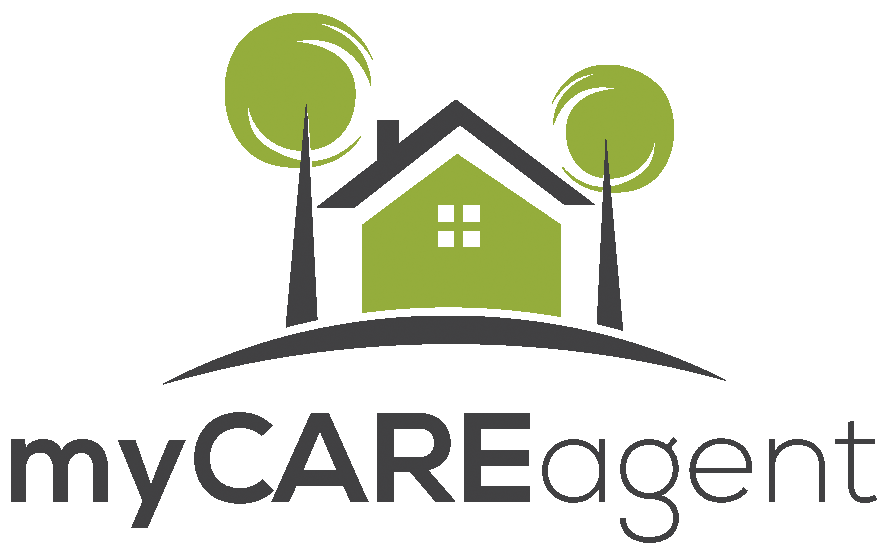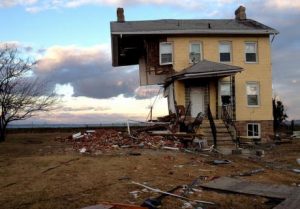
Down payment insurance is now offered to help homebuyers regain confidence in the security of their investment.
With the housing bubble burst still fresh in everyone’s mind, would-be homebuyers are understandably apprehensive about entering into the real estate market. Foreclosures surged at an alarming rate at the height of the housing crisis, with almost 4 million foreclosures filed in 2009. Even though the real estate market has recovered considerably, some homebuyers are still nervous about making a real estate investment.
In an effort to alleviate some of those fears, a new type of insurance is being offered to protect your initial investment and the equity in your home. ValueInsured wants to help homebuyers purchase more confidently with a first-of-its-kind down payment protection program.
The +Plus program is available for owner-occupied properties, and the premium varies depending on the amount insured. The program is a 7-year team and allows you to insure up to 20% of your home’s value at the time of purchase, with a maximum insured amount of $200,000.
For example, lets say you purchased a $200,000 home with a 10% down payment, or $20,000. You could pay ValueInsured a one-time premium of $1,200 and you are now insured for 7 years. In 3 years your job transfers you, forcing you to sell, but the value of your home has dropped. ValueInsured will pay you the amount of equity lost, up to the full $20,000 down payment.
In some cases, this could be a safety-net for homebuyers, but be sure to read the fine print. ValueInsured measures a home’s value according to a government tax index by the Federal Housing Finance Agency. This index measures value according to state, not by house. As you know, home prices often vary not just state by state, but street by street. When a homeowner files a claim with ValueInsured, they will pay an amount equal to the lesser of the actual loss in sales price. That is, the loss as measured according to the tax index or from the insured down payment. If your neighborhood’s value drops below the state’s measured home value, you would get less money back.
If you are in an area with historically volatile home prices, the insurance might make sense. On the other hand, the chances that you would actually recoup your entire investment are minimal. Also remember that, for the most part, home values rise over time. Changes in local economies can impact home values negatively at times, but generally speaking, California experienced over 50 years of home value increase.
It is nice to feel that your investment is protected, but insurance may not always be the answer. If it makes sense to you and makes you feel more comfortable about buying a home, by all means, take advantage of the program. Be sure to also investigate the value trend of your local market and compare it to the Federal Housing Finance Agency’s value index for California.





0 Responses
This sort ofthing are good to know, all the time, of course.
The more safety nets that I can learn about and come across along the way, the better off I am in. I could not emphasize the fine print enough though, but I would say that you also do a very good job of pointing that out.
I highly agree.